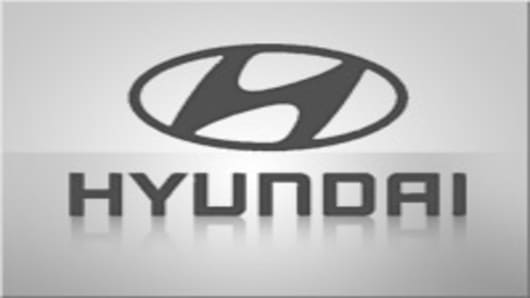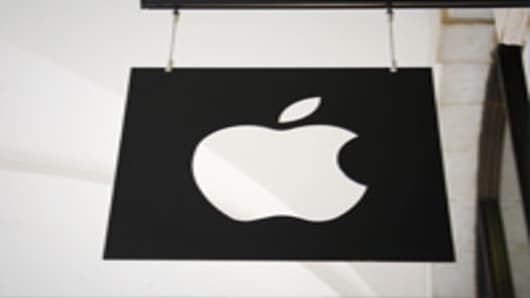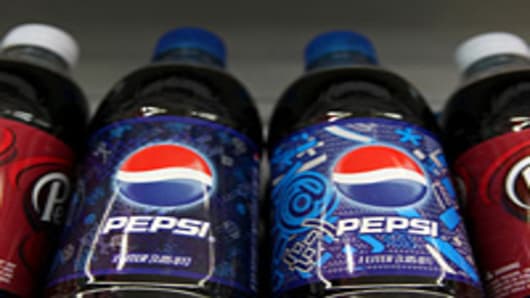Like Hyundai, Pepsi has successfully focused on trust, transparency and customer empowerment.
Particularly notable this year was its Pepsi Refresh campaign, which builds on its internal corporate citizenship practices and turns it in an external brand-building activity.
The brilliant Pepsi Refresh campaignasks users to vote on their favorite social value projects created by individuals from around the world, and offers up funding to the winners. On one level, it empowers customers to instigate change. At the same time, it also reinforces good will toward the brand.
While a campaign of this size could run the risk of criticism for greenwashing or disingenuity, it feels authentic to consumers. That’s because Pepsi has a history of making corporate citizenship a priority, is clearly making good on its promises and is even giving non-winners exposure by posting their ideas on its website.
Watch: Interview with Indra Nooyi, Pepsico CEO
In a year when many corporations appeared to do more damage than good, the campaign struck the right chords with consumers and has created a more meaningful relationship with its audience. Overall, the project has proven so successful that in September, Pepsi announced that it would be expanding the campaign globally in 2011.
To find out more about these brands and others that succeed in building trust and loyalty this year, take a look at www.bestglobalbrands.com.
Jez Frampton is global chief executive of Interbrand, a leading brand consultancy. He leads the Interbrand network, shaping strategy and growth for its 36 worldwide offices and works alongside clients to create and manage brands. He is a member of the Marketing Society, the Chartered Institute of Marketing, the Market Research Society, the Design Business Association and the Institute of Directors.




